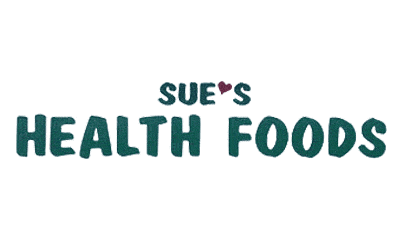Fruits and vegetables are known to lower the risk of death from heart disease and certain cancers. For example, research shows that eating higher levels of cruciferous vegetables, like broccoli and Brussels sprouts, as well as yellow/orange veggies, are particularly useful against breast cancer. And new research shows that eating those foods at certain meals may make the benefits even greater.
- Eating a Western-style lunch (typically containing refined grains, cheese, cured meat) was associated with a 44 percent increased risk of death from cardiovascular disease (CVD).
- Eating a fruit-based lunch was associated with a 34 percent reduced risk of CVD death.
- Eating a vegetable-based dinner was associated with a 23 percent reduction in CVD death and a 31 percent reduction in all-cause mortality.
- Consuming a snack high in starch after any meal was associated with a 50 percent increased risk of all-cause mortality and a similar increased risk in CVD-related death.
Lowering Your Risk for Type 2 Diabetes
Need another reason to eat more produce? Colorful fruits and vegetables deliver fiber and protective plant compounds that help regulate blood sugar and improve insulin sensitivity. In one recent Swedish study that followed people for two decades, those who consistently ate the most fruits and vegetables had about a 7 to 10 percent lower chance of developing Type 2 diabetes.
Where Do You Rate with Your Fruit & Vegetable Intake?
How many U.S. adults meet the daily recommendations for vegetable intake? According to the Centers for Disease Control and Prevention only 9 percent. We do only a little better with fruit, with about 12 percent making the grade.
When choosing which fruits to eat, consider fiber-rich, nonstarchy options like apples and pears. These fruits may prevent blood sugar spikes and also promote weight loss.
Just How Many Fruits and Vegetables Should You be Eating Daily?
The 2015-2020 Dietary Guidelines for Americans suggests that adults should eat 1.5 to 2 cups of fruit per day and 2 to 3 cups of vegetables.

